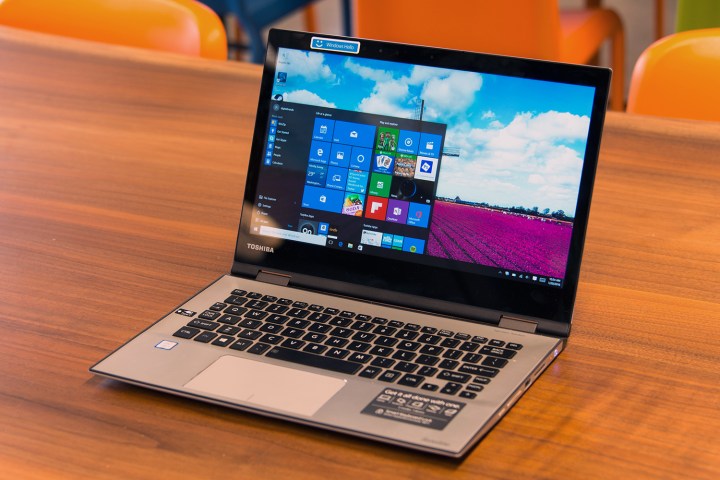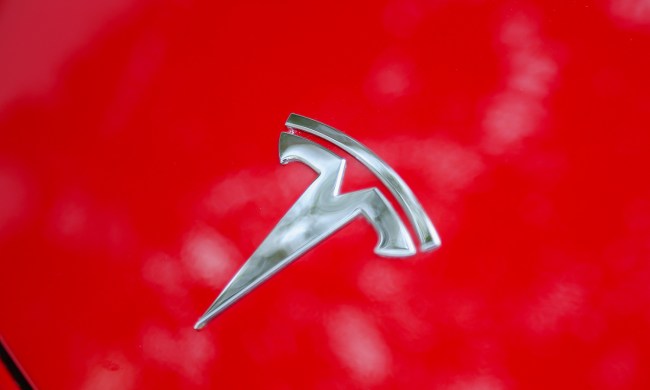
The lithium-ion battery packs in the Toshiba recall were manufactured by Panasonic and sold in multiple retail outlets and online in 39 models of Toshiba Portege, Satellite, and Tecra laptops between June 2011 and January 2016. The batteries were also sold separately as repair and replacement items. According to the CPSC, about 91,000 recalled units were sold in the U.S. and 10,000 in Canada.
More recalls: Apple issues a recall on AC adapters due to a ‘rare’ shock risk
The quickest way to see if your battery is part of the recall is turn off your laptop, remove the battery, and check the battery part number. The part number is printed in black type between two rows of bar code on a white label on the battery. Battery packs included in the recall have part numbers beginning with G71C (G71C*******). You can also go to Toshiba’s website to download a utility that will determine if your battery is part of the recall. The website includes instructions on how to obtain a free replacement.
If your laptop battery is part of the recall, you needn’t worry about being completely computer-less while you wait. Plug in the laptop’s AC adapter and you can use it as usual, except for the portability part. If you absolutely need to be able to be plug-free with your laptop while awaiting your replacement battery, it could be a good idea to buy another battery, especially if your computer is a recent acquisition. According to the CPSC recall the battery packs sell separately for $70 to $130.
The location independence we get with portable computers is easy to take for granted as we move around during our busy days. We often forget, but batteries are a potential safety hazard. It’s not a bad idea to check periodically for battery-related recalls for all our portable electronics, but in this case, if you have Toshiba laptop, don’t wait. Check it now.



